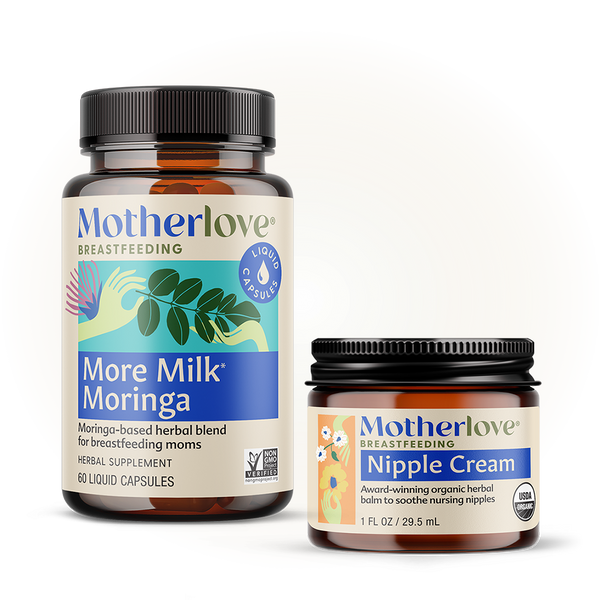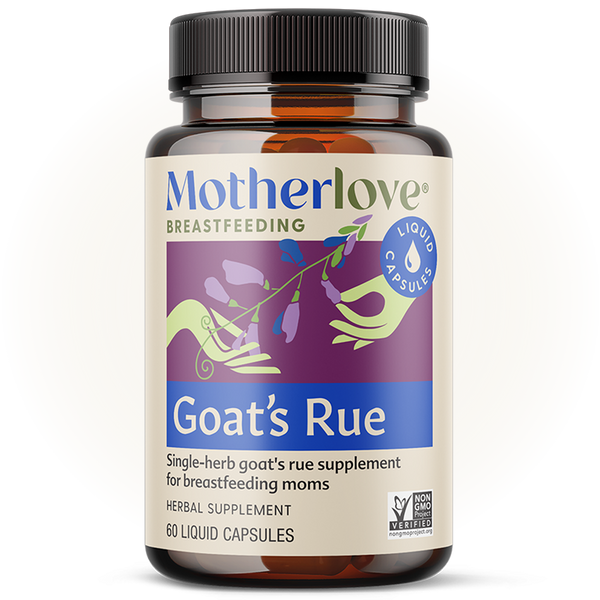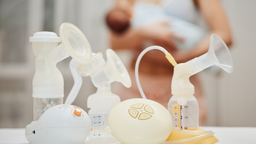Written by: Wendy, IBCLC.
On June 27th, the Academy of American Pediatrics (AAP) announced some changes to their breastfeeding recommendations. As the New York Times notes, the AAP hasn’t changed their breastfeeding recommendations in over a decade, so this was kind of a big deal!
In a nutshell, the AAP still recommends that you breastfeed your baby exclusively for 6 months, but instead of recommending that you continue for one year, they recommend breastfeeding for two years or beyond, if desired. The reason for this change, according to the AAP, is because of the evidence of continued benefits to breastfeeding past 12 months, especially for breastfeeding parents. For example, breastfeeding for a longer duration lowers the risk of ovarian and breast cancer, diabetes, and hypertension.
This isn’t a completely new idea, it should be noted. The World Health Organization (WHO), Academy of Breastfeeding Medicine Guidelines, and American Academy of Family Physicians guidelines have recommended two years of breastfeeding for many years.
Besides this key change, the AAP makes a point of noting the many challenges parents face in meeting this goal, including lack of parental leave, scant breastfeeding support, and other systemic roadblocks that make it difficult to devote time and effort to breastfeeding long-term. They advocate for policy changes that could make our society a more supportive place for new parents.
They also acknowledge that pediatricians need to be sensitive to different cultural and personal preferences when it comes to nursing for two years, and they should not push these recommendations on new parents. They recognize how structural racism plays into the lack of support that many families face, and they recommend that physicians use more gender inclusive terminology such as “chestfeeding” over “breastfeeding,” when appropriate.
CRITICISMS OF THE POLICY
There have been several criticisms of the AAP's new guidelines. People have pointed out that the timing of this release feels off, because it comes on the heels of the formula shortage and the overturning of Roe vs. Wade, which limits reproductive rights and equitable healthcare for people who bear children. People have also mentioned the fact that the recommendation feels like a slap in the face to new parents when the U.S. has such dismal family leave policies compared to other countries, and almost no other support in place for parents of young kids. (It should be noted that the AAP acknowledges these issues.)
A LACTATION CONSULTANT'S PERSPECTIVE
As a lactation consultant and mother, I have some thoughts on this new policy change. Personally, as someone who breastfed my children way past the socially acceptable time frame, I experienced a general lack of acceptance for what I was doing. I often felt like I had to hide that I was still nursing past 12 months. I found myself fudging the truth even with doctors. I got rude stares when I nursed my toddlers in public.
Moreover, as someone who supported hundreds of breastfeeding parents over the years, I will tell you that this is not unusual. I've seen longer term breastfeeders hide what they were doing from their families, friends, healthcare providers—even their spouses. I’ve seen parents stop breastfeeding at 12 months because they didn’t think it was acceptable to do so, even though they felt an instinct or desire to continue.
From my perspective, this announcement is about validating this parenting decision and reminding parents who choose to do it that there are real health benefits to the practice. It’s about normalizing something that has been stigmatized for a very long time. It’s about body autonomy, in much the same way that choosing not to feed your baby from your body is a form of body autonomy. It’s about the desexualization of breasts in the context of breastfeeding.
THE BOTTOM LINE
No one should be made to breastfeed for longer than they wish to—no one should be pressured to breastfeed at all, if that is not what they want. But parents who do want to breastfeed should be given better support, and should be provided with evidence-based information about the benefits of breastfeeding, including past 12 months.
It’s true that many people won't be able to nurse as long as the AAP recommends even if they aspire to do so, especially without proper societal or social support. But the goal of this policy change—at least in my opinion—is to acknowledge that breastfeeding for two years is something that parents should have permission to do, that there is benefit in the practice, and that policy makers should strongly consider what they can do to further support breastfeeding parents in meeting their goals.






